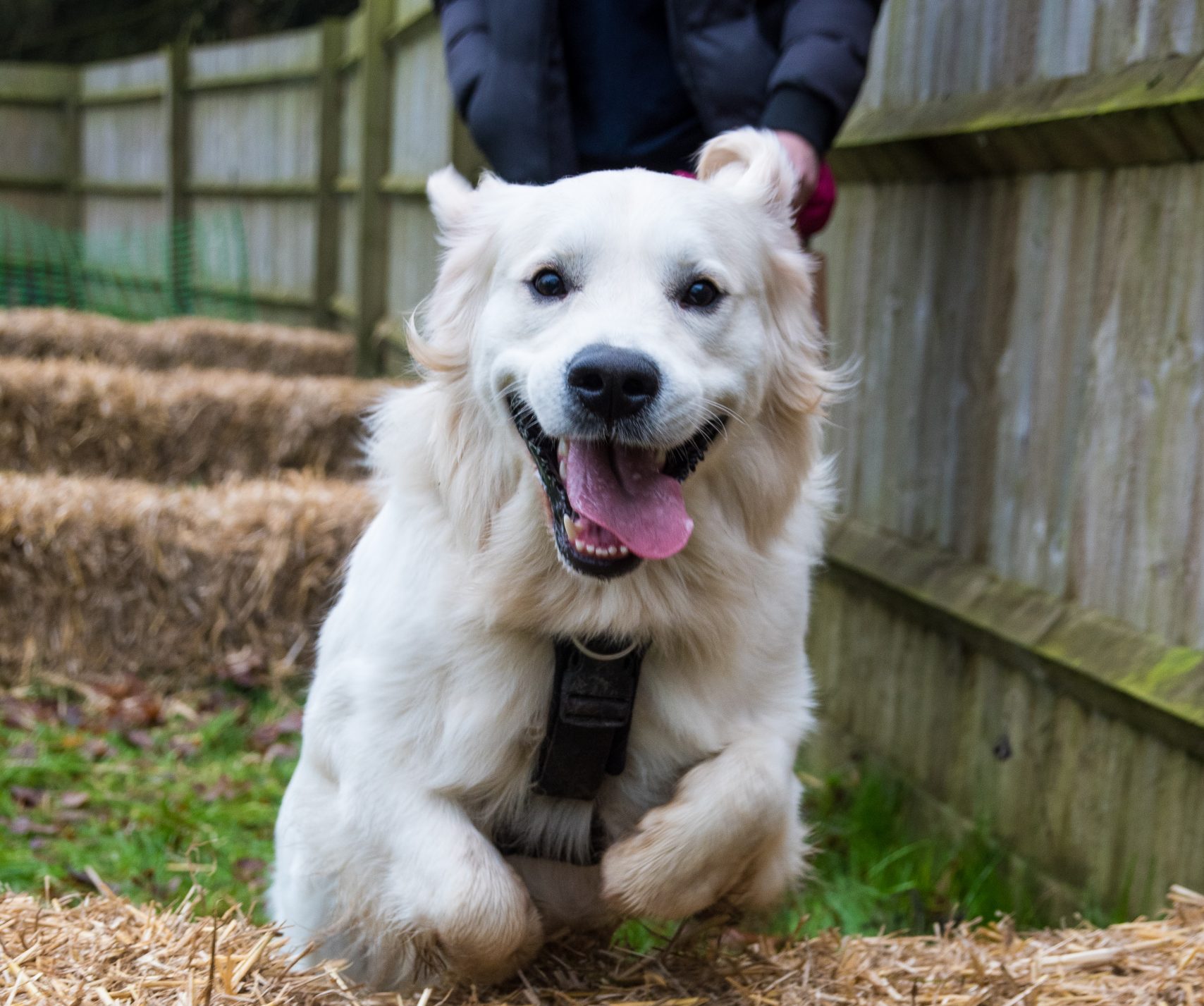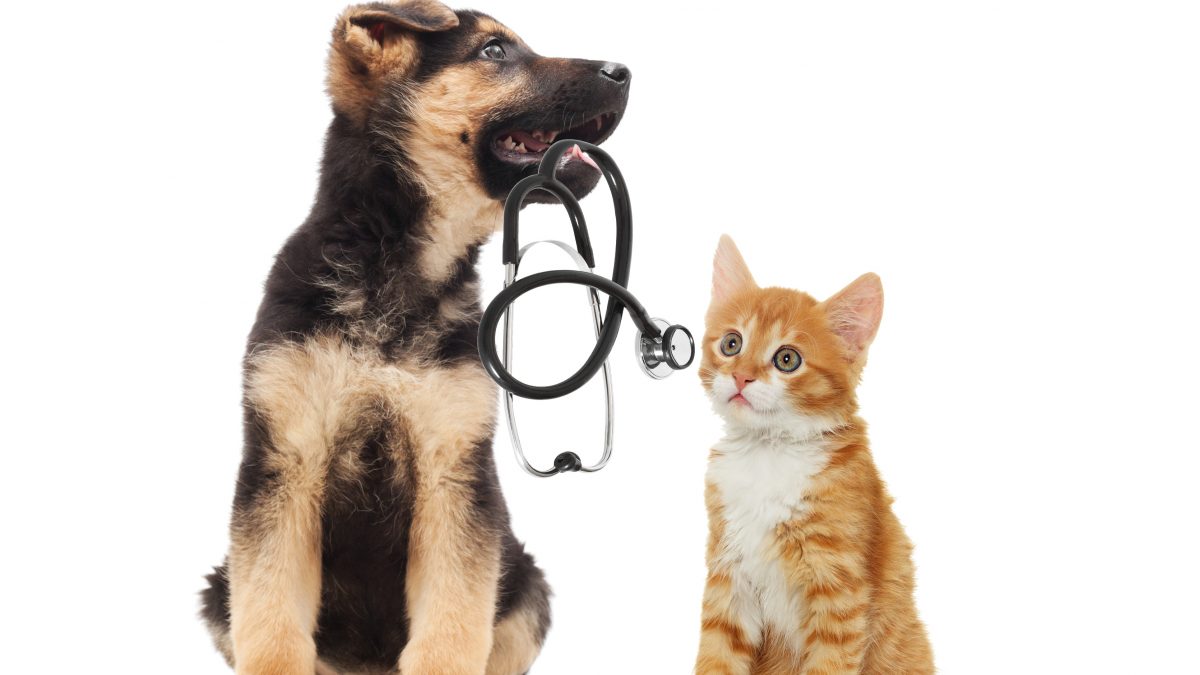
Want to get in to running?
March 1, 2020
Kenzo’s Diaries 7 – A Dogs Life
March 1, 2020By Fiona Mullan BSc Hons RVN VPAC
It can be an extremely frightening and stressful time when a pet is injured, suddenly falls ill, or has been involved in an accident.
Below are common pet emergencies and some first aid advice in each situation. If possible, keep a well-stocked ‘pet first aid kit’ at home or car (various size bandaging, sterile dressings, tape and scissors) and always have your veterinary contact number to hand.
Road Traffic Accidents
- Approach the pet only if safe to do so, talk to them slowly and calmly.
- Apply a lead to secure dogs straight away.
- Assess the state of the injuries and try not to move the pet too much to avoid causing further injury.
- If bleeding, apply clean swabs/clothing to the wound and hold pressure.
- Use a blanket to lift and transport them. Take them to the nearest vets as soon as possible.
Seizures
Seizures can occur for a number of reasons and present in a variety of signs. These include; dazed/unsteady, collapse, muscle tremors/twitching, rigid limbs/body, loss of consciousness, drooling/foaming at the mouth, loss of bladder/bowel control.
- Do not attempt to restrain, pick up, or transport your pet during a seizure. They are not in control of their body, and may injure or bite you by accident.
- Move furniture and objects away from your pet that may cause injury.
- Reduce noise as much as possible—turn off radios, TV, dim lights and continue to talk to your pet calmly to reassure them.
- Record the time and duration of the seizure. If possible, video the seizure to show your vet.
- Keep your pet as cool as they can overheat, but do not soak them.
- Contact your vet as soon as possible but only transport when it safe to do so.
Poisonings
Common poisonings often involve chocolate, raisins/sultanas, grapes, rat poison, slug bait and lilies.
- Remove the source of toxin immediately if possible.
- DO NOT attempt to make your pet vomit at home.
- Contact your vet as soon as possible and give them as much information as you can about the toxin (time eaten, ingredients, volume eaten etc.) before you arrive.
- Keep all packaging (where applicable) and take it with you to the vet.
Cuts and grazes
- If the wound is bleeding, apply clean gauze swabs or piece of clothing and apply pressure.
- If possible, apply a bandage to the wound ensuring it is firm but not too tight.
- If the wound is small and not bleeding, keep it as clean with warm salty water, make an appointment with your vet.




